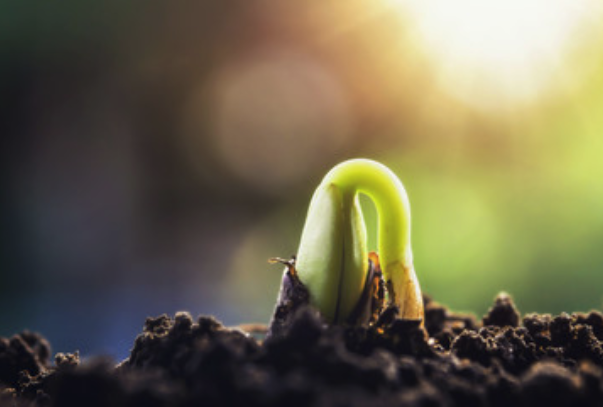 Last week we began with chapter 1, and this week we cover chapter 2 of Crushing by TD Jakes.
Last week we began with chapter 1, and this week we cover chapter 2 of Crushing by TD Jakes.
This session we will face the reality of our thoughts, the perspectives of our mindset and vision.
Each of us from time to time in life have, unfortunately, gotten lost while trying to get somewhere. Whether is was bad verbal directions we received, misunderstanding on the GPS setting, or even road closures and detours, we ended up where we did not intend to be. Likewise, each of us has had some challenges with our spiritual directions.
How do the feelings of being lost on a physical journey parallel your feelings when life circumstances brought you to unfamiliar places? how do you typically respond when you find yourself feeling lost spiritually?
2 “I am the true grapevine, and my Father is the gardener. 2 He cuts off every branch of mine that doesn’t produce fruit, and he prunes the branches that do bear fruit so they will produce even more. 3 You have already been pruned and purified by the message I have given you. 4 Remain in me, and I will remain in you. For a branch cannot produce fruit if it is severed from the vine, and you cannot be fruitful unless you remain in me. – John 15:1-4 NLT
How would you explain God’s role in the process of your spiritual growth and maturation?
How would you distinguish what God does in this process from the role that Jesus says he plays as being the vine?
When you consider the events, good and bad, that have changed your life the most, what three or four seem most influential? How did you view them at the time they happened? How has your perspective on them changed now as you look back? in other words, from your experience, how does the passing of time affect the way you see God at work in your life?
Just as we are called to be be like Christ and to become like Him as we are called by God (1 Cor 11:1), we must also embrace the necessity of our own similar growth process. Through the process of maturation, we realize there’s more going on in our lives than we may have recognized at first. Our temporary fruit was never the endgame of our Vinedresser, but just another single step in the process of making us into His eternal wine. Our spiritual development from seeds to mature fruit-bearing branches requires us to grow out of life’s dirty places.
Most of us don’t like being in such muddy soil and often struggle to grab hold of something we hope will pull us out of our misery. We may try to regain our footing and recover a sense of balance by looking to other people, old habits, or addictive escapes. We know we’re in trouble and don’t like the vulnerable, fragile feelings that go with the cold, dark dirty places of life. We might justify giving in to the temptations we know ultimately will not rescue us. We struggle and strive only to fall facedown in the mud again, left to face our own lonely discomfort.
When have you been in a dirty place in life most recently? What brought you to that point? How did you handle your distress at being brought so low?
When you have a bad day,, one when everything that could go wrong seems to be worse than you imagined, how do you handle your pain, distress, anger, and frustration?
What or whom do you reach for? How does this soothe or comfort you?
Despite our discomfort, distress, and disappointment, God will not abandon His cultivation of us. He knows that if a seed is not planted, it will not grow. Seeds must be covered by the dirt and dung of life in order to grow roots and sprout new life above the surface. If we want to grow into the fullness of whom God created us to be, then we must accept that dirty places are inevitable in our development .
Our spiritual development from seeds to mature fruit-bearing branches demands that we confront a step that many of us grapple with understanding: growing in dirty places.
No matter how harsh, stark, or dark our dirty places, we must realize that God is at work there. No place is ever too dirty for Him to use as the rich soil of your maturation and spiritual fruition. Perhaps it’s time to reconsider the struggles, flaws, mistakes, and imperfections in our lives and see them as positive parts of the process rather than negative interference in our growth. We have to remember that God is committed to the quality of our development, not our comfort and convenience.
When have you experienced the most spiritual growth in your life? What was the context or circumstances in which this growth took place? How did God use the manure of your mistakes to fertilize your maturity?
What emotions do you associate with dirty places in your life? Shame? Fear? Regret? Anger? Frustration? Something else?
Where do you fin life-giving, spiritual nourishment during times in life’s dirty places? How did these help you in the midst of your struggle?
This week continue on and reflect on times in your life when you were buried and it did seem like there was a lot of fertilizer heaped up in your life. Reflect on how good God is through those times.
Also this week as you engage with others, acknowledge that they too, may be in a planting season. It maybe a time if real difficult situation that they are going through, and you can encourage them with the hope of what is to come.
[ NEXT SESSION: Chapter 3 “The Strategy for Cultivation”]
Jakes, T D. Crushing. FaithWords, 2019.
